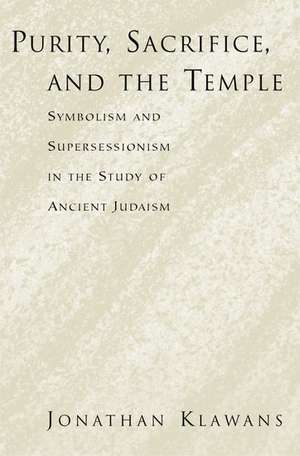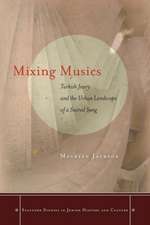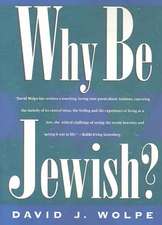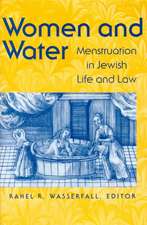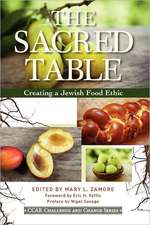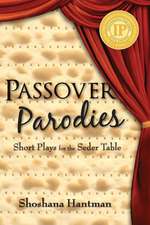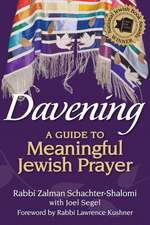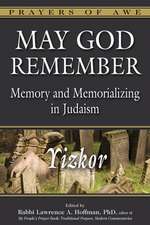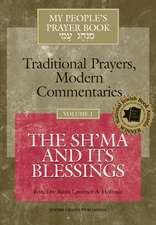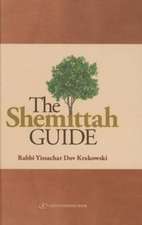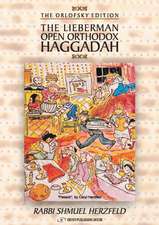Purity, Sacrifice, and the Temple Symbolism and Supersessionism in the Study of Ancient Judaism
Autor Jonathan Klawansen Limba Engleză Paperback – 13 mai 2009
Preț: 295.14 lei
Nou
Puncte Express: 443
Preț estimativ în valută:
56.48€ • 58.75$ • 46.63£
56.48€ • 58.75$ • 46.63£
Carte tipărită la comandă
Livrare economică 04-10 aprilie
Preluare comenzi: 021 569.72.76
Specificații
ISBN-13: 9780195395846
ISBN-10: 0195395840
Pagini: 388
Dimensiuni: 156 x 234 x 20 mm
Greutate: 0.54 kg
Editura: Oxford University Press
Colecția OUP USA
Locul publicării:New York, United States
ISBN-10: 0195395840
Pagini: 388
Dimensiuni: 156 x 234 x 20 mm
Greutate: 0.54 kg
Editura: Oxford University Press
Colecția OUP USA
Locul publicării:New York, United States
Recenzii
Drawing on the fields of anthropology and ritual studies, Klawans unearths the powerful symbolism of the ancient Jewish sacrificial cult. He shows that sacrifice was a spiritually rich and meaningful activity illuminated by two 'organizing principles' central to the priestly traditions of the Bible: the desire to imitate God and the concern to attract and maintain God's presence within the community. In so doing, Klawans disables all previous evolutionist (and more or less hostile) accounts of ancient Jewish sacrifice as a primitive and spiritually empty behavior that was rejected and superseded by the eucharist in Christianity or prayer in rabbinic Judaism. His fresh readings of central New Testament and rabbinic texts challenge foundational assumptions and long-cherished prejudices.
Notă biografică
Klawans is the Associate Professor of Religion at Boston University. His book Impurity and Sin in Ancient Judaism (OUP 2000) was awarded Best First Book in the History of Religions by the American Academy of Religion and won the Salo Wittmayer Baron Book Prize from the American Academy for Jewish Research.
